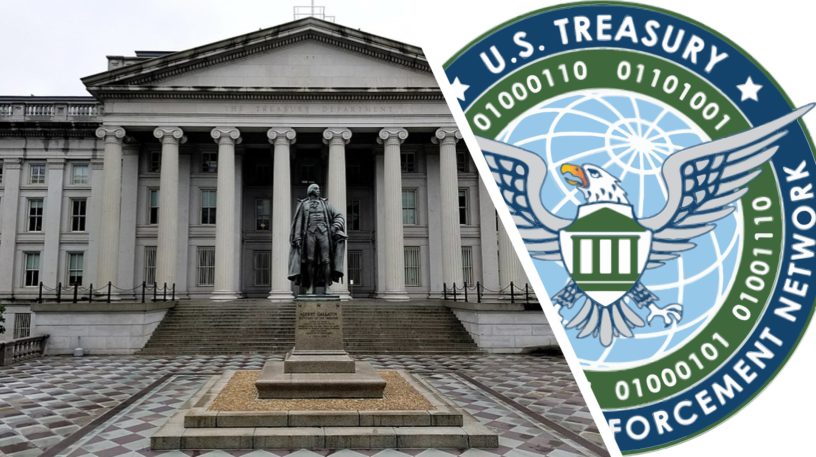By Dan Byrne for AMLi
US FEDERAL PROSECUTORS are seeking a prison sentence for a government employee who leaked banking activity reports to the press.
The employee, Natalie Edwards, is understood to have previously leaked over 2,000 suspicious activity reports (SARs) to BuzzFeed. She pleaded guilty to this charge in January 2020.
SARs are the tools used by financial institutions to document any financial activity that merits further investigation by authorities due to suspicions of foul play.
In this case, the reports leaked were allegedly used as source material for at least 11 articles, published by BuzzFeed, documenting Robert Mueller’s infamous report into Russian meddling in the 2016 US Presidential election, Politico reported Tuesday.
Edwards’ lawyers have claimed that she was acting out of frustration, citing previous complaints she made to the Treasury and the fact that they were not acted upon.
Prosecutors rejected this, saying that the move was merely to orchestrate the ousting of certain colleagues and achieve promotion.
They also highlighted that the act of leaking SARs was a serious violation of the trust expected of her as a senior advisor within the Treasury – more specifically in the Financial Crimes Enforcement Network (FinCEN).
“It was a betrayal of the public, risked hindering both ongoing and future investigations, and was a deliberate, serious, and repeated crime. It demands serious punishment,” they argued, calling for a prison sentence of at least six months.
The news comes in the aftermath of another, far larger leak of information by FinCEN personnel to BuzzFeed, and the publishing of those records in September in association with the International Consortium of Investigative Journalists (ICIJ).
Known as the FinCEN files, the cache of thousands of SARs exposed trails of dirty money across the globe, channelled by some of the world’s most prominent banks over several years.
The reports have suggested that banks knew of the activity and did nothing beyond filing reports, while authorities received those reports and took little action afterward – with the sheer volume of reports commonly cited as a reason why.
BuzzFeed has not confirmed the identity of any whistle-blowers connected to SAR leaks, according to Politico. However, the scale of the FinCEN files leak in September raises the question of what legal action, if any, awaits any other FinCEN officials found to have leaked this sensitive information to the press.
Journalists who write stories based on these leaks are rarely prosecuted, which was the case with Ms Edwards. The Buzzfeed journalist who used the information she gave was not arrested.
Share this on:
Follow us on:








